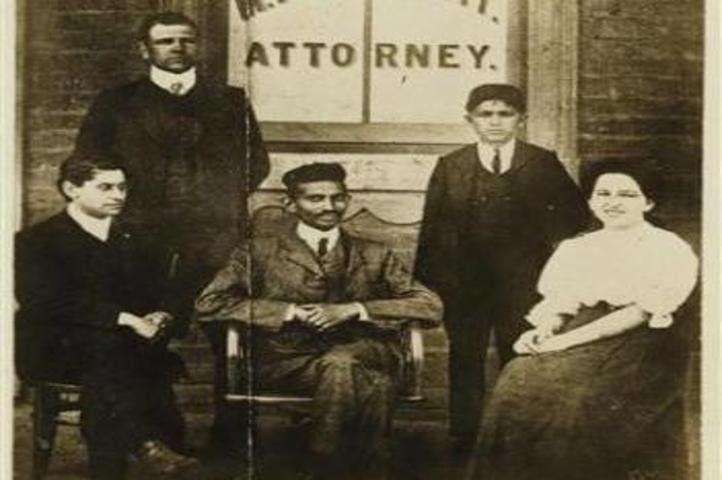India is a land of great men, and we have a practice of making saints out of people, be it historic figures or politicians. Mohandas Karamchand Gandhi, also revered in India as Mahatma Gandhi and the “father of the nation”, is one such personality who is assumed to be beyond criticism, though he never claimed to be. In the past many controversies have been associated with Gandhi’s identity with people criticising him even as a British agent.
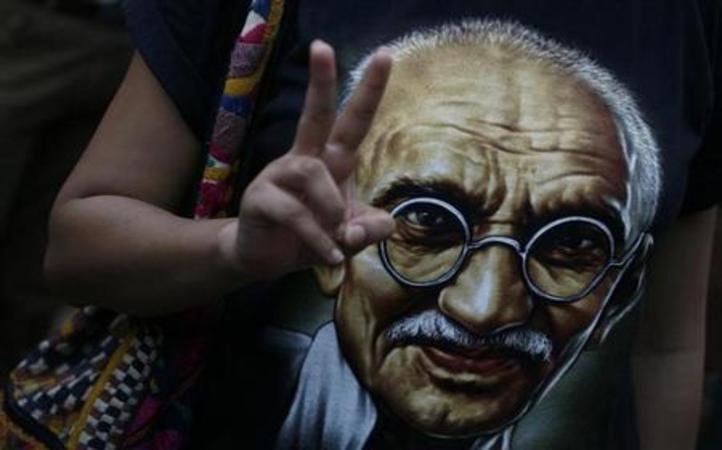
Gandhi before coming to India
Gandhi or “the Mahatma” spent a considerable part of his life in South Africa, and is often credited with a movement which paved the way for the struggle for black rights. A BBC report talks about about a book by South African authors Ashwin Desai and Goolam Vahed titled ‘The South African Gandhi: Stretcher-Bearer Of The Empire’ , and investigates points raised via several instances that explore the possibilities of Gandhi being racist.
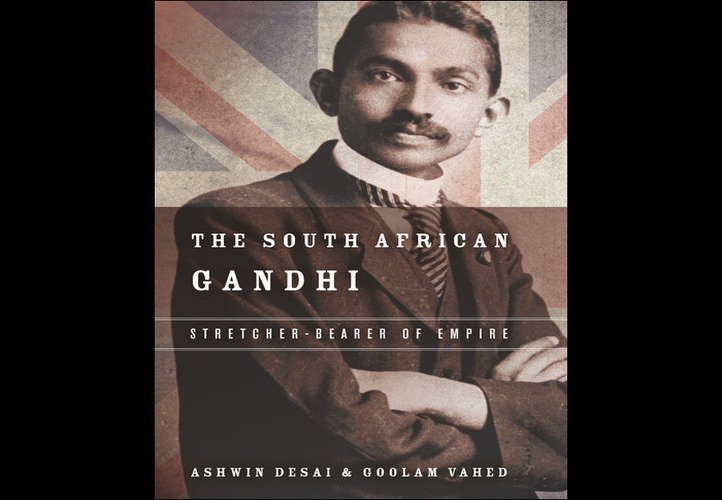
The book points out how Gandhi segregated the struggle of the Indian community in South Africa from that of their black African compatriots. The book alleges that despite the fact that both blacks and Indians were denied equal rights, Gandhi kept his movement exclusive to the Indian identity, and remained indifferent to the plight of the blacks.
Segregating Indians from blacks?
The glimmers of possible racial segregation are evident in some of Gandhi’s letters.
In 1893 he wrote, that “general belief seems to prevail in the Colony that the Indians are a little better, if at all, than savages or the Natives of Africa” .
On other occasions he demanded the removal of black Africans from a slum housing Indians and Africans, referring to them as ‘ Kaffirs’ . Gandhi repeatedly tried to distance Indians from who he referred to as ‘Kaffirs’, pointing out that unlike African Indians did not have war-dances and did not drink ‘ Kaffir Beer’ .
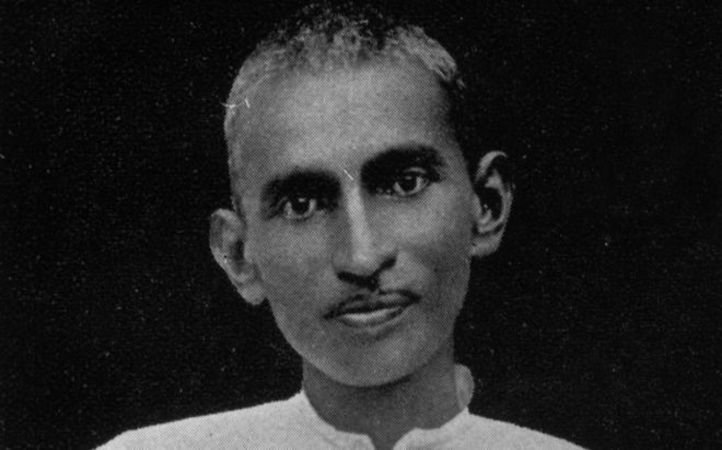
Despite the fact that leaders like Nelson Mandela looked up to Gandhi, many other South Africans have in the past accused him of working with the British to promote racial segregation, and his statue has also been targeted.
As flawed as any human being?
Gandhi’s grandson and biographer admits that at times Gandhi was “ignorant and prejudiced about South Africa’s blacks,” but also says that he arrived in Africa as a 24-year old lawyer without any support, and “he too was an imperfect human being”. Ramchandra Guha says that it would have been premature to speak on comprehensive equality for coloured people in those times.
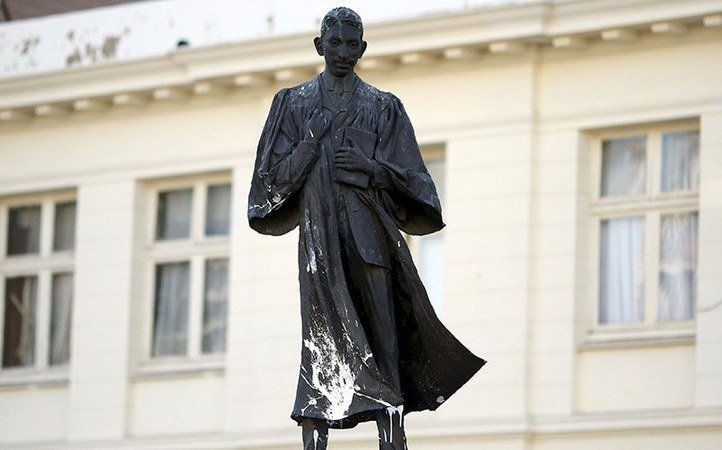
Aryan brotherhood
The authors on the other hand point out that Gandhi believed in the Aryan brotherhood, which put whites on top, and blacks at the bottom of the civilised scale. They say that it was fortunate that Gandhi did not succeed in becoming a junior partner to the white government, which he was keen on, or he would have been culpable in the brutality of apartheid.
Arundhati roy said that the book provided a “serious challenge to the way we have been taught to think about Gandhi.”
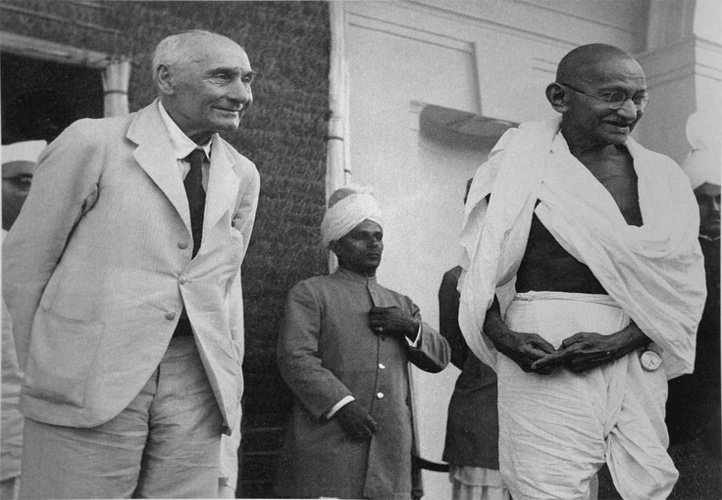
The book also rejects the notion that Gandhi paved the way for the black liberation movement, as it had begun in Africa much before Gandhi arrived. Desai also mentions that Gandhi “supported more taxes on impoverished African people and turned a blind eye to the brutality of the Empire on Africans” .
Acknowledging the universal demands
Despite their doubts regarding Gandhi who is also seen as the “man of the Empire”, the authors agree that he did “raise universal demands for equality and dignity” . But this book and the revelations do raise many questions about the myth of Gandhi’s sainthood. Besides instead of blasting the claims and asking “how dare they?”, we as a nation need to change the way we look at our national leaders.
